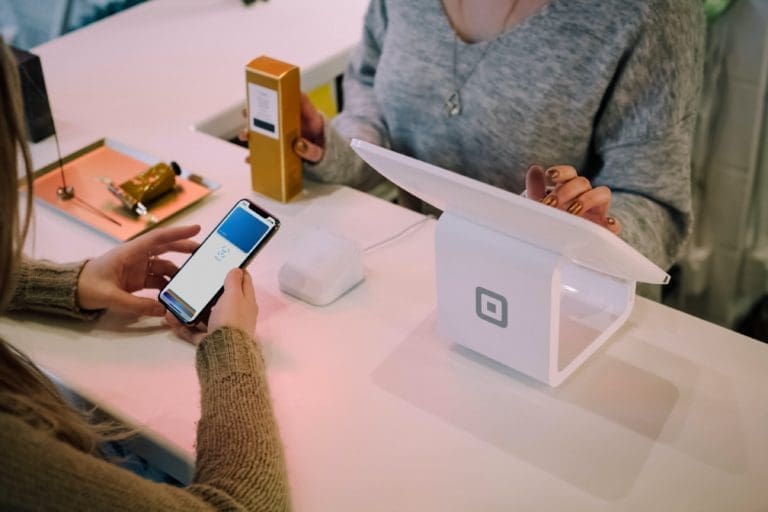The opportunities for mobile payments arrive at a pivotal time. African countries such as Nigeria and Ethiopia are now welcoming more investment in mobile services, according to a new report by Boston Consulting Group (BCG) titled Five Strategies for Mobile-Payment Banking in Africa.
The COVID-19 crisis has provided a further opportunity.
Mobile payments make social distancing easier, and these new digital solutions can help businesses and consumers cut their day-to-day expenses at a time of financial stress.
At the same time, many African economies have strong and resilient fundamentals, including a young, fast-growing population and ongoing improvements in the business environment and governance.
Together, these factors will lead to significant opportunities in Africa’s mobile payment space.
“In Africa, for several reasons, telecom companies currently have a much higher market share in mobile payments than banks do,” says Tijsbert Creemers, MD and partner at Boston Consulting Group, Johannesburg, and co-author of the report.
“For one thing, they have overcome some regulatory hurdles; in Ghana, for example, they are allowed to issue money.
“They also have the largest existing customer base. Banks typically focus on affluent customers, who represent perhaps 10% of the adult African population, while telcos, with lower fees and requirements, attract a wider range of customers.”
He added that telcos also have broader agent networks.
In Kenya, there are about 700 mobile money agents per 100,000 people, compared to nine ATMs and five bank branches per 100,000 people.
“Finally, telcos have some unique capabilities: for instance, they manage the mobile network infrastructure,” explains Creemers.
“Technology companies, meanwhile, have innate advantages of their own. They are typically strongest in the mechanics of digital activity: processing payments and orders. They also tend to be agile in their operational structures and good at cross-boundary collaboration with, for example, power utilities.”
He added that aside from Safaricom in Kenya, neither telcos nor tech companies have as yet successfully established mobile payment dominance in an African market, but they will sooner or later.
Chinese and US companies are showing interest as well—and they, too, are well-positioned to win if they are interested, even though recovering from the pandemic will undoubtedly slow them down.
How big is the African mobile financial service market?

Africa’s overall mobile financial services market penetration is currently second only to China’s.
BCG estimates that the total value of global mobile financial services transactions is from $15 trillion to $20 trillion per year. China has the highest utilization rate: 125% of its GDP is transacted via mobile payments each year. This figure is higher than 100% because it includes person-to-person transactions, such as money transfers among friends and within families, which are not included in GDP.

1 Comment
Pingback: Convergence of Telco and FinTech Businesses Can Drive Financial Inclusion In A Tough Economy | TechFinancials